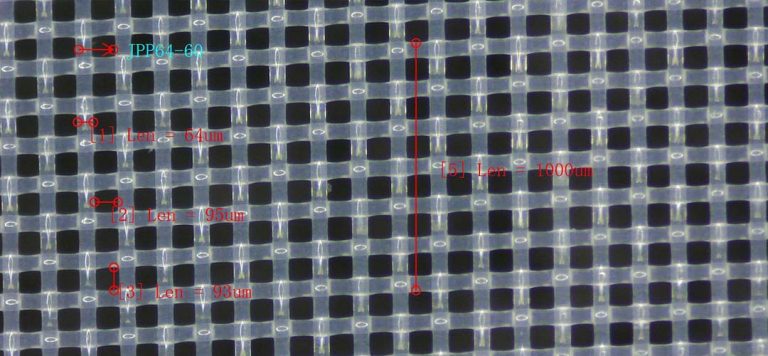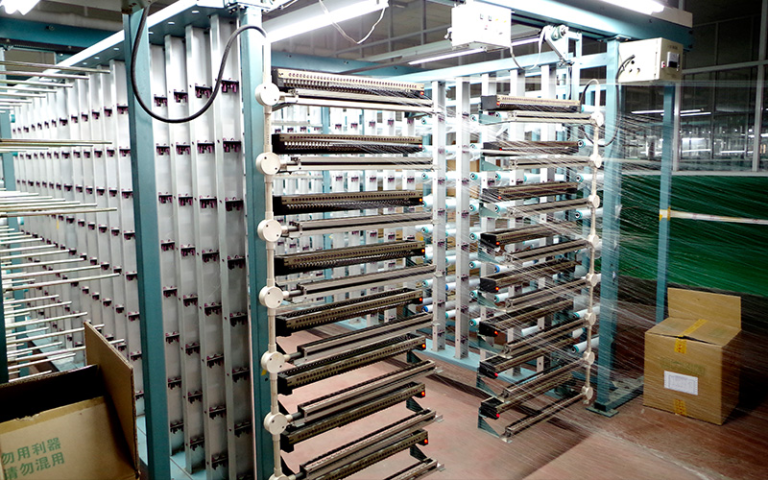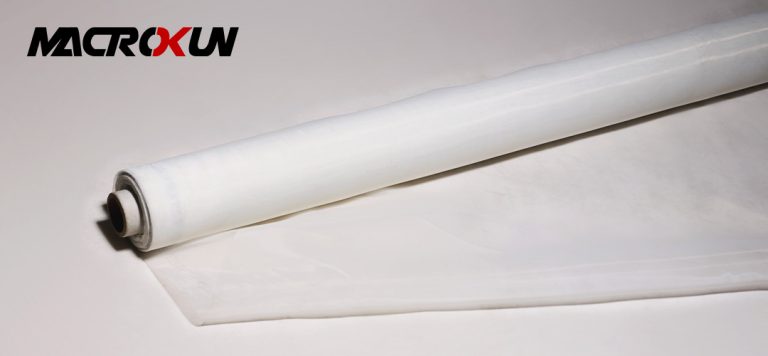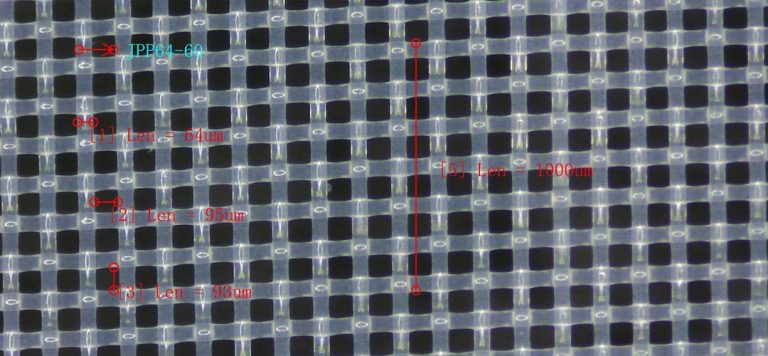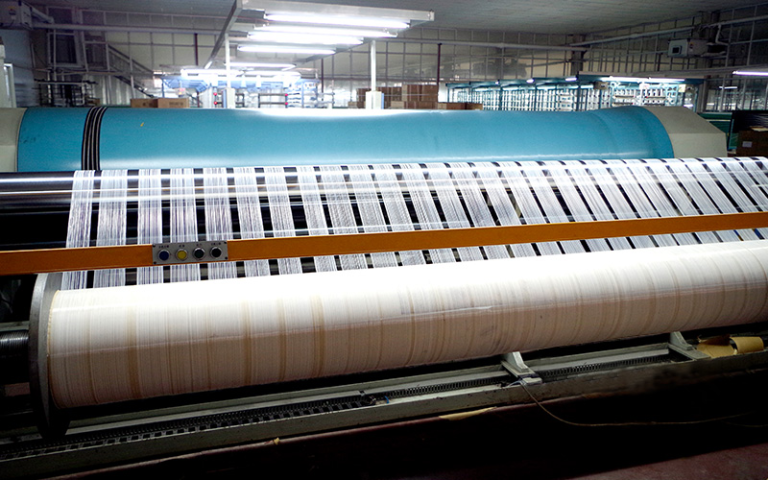Table of Contents
Benefits of nylon mesh for Precision Filtration
Nylon mesh has long been the industry standard for precision filtration in a wide range of applications. Its unique properties make it an ideal choice for filtering out particles of varying sizes with exceptional accuracy. In this article, we will explore the benefits of using nylon mesh for precision filtration and why it is the preferred choice for many industries.
One of the key advantages of nylon mesh is its durability. Nylon is a strong and resilient material that can withstand high temperatures and harsh chemicals without degrading. This makes it ideal for use in filtration systems that are exposed to extreme conditions. Nylon mesh filters can be used repeatedly without losing their effectiveness, making them a cost-effective option for businesses looking to maintain consistent filtration quality over time.

In addition to its durability, nylon mesh is also highly versatile. It can be manufactured in a wide range of mesh sizes, allowing for precise control over the size of particles that are filtered out. This level of customization is essential for industries that require precise filtration, such as pharmaceuticals, food and beverage, and electronics manufacturing. Nylon mesh filters can be tailored to meet the specific needs of each application, ensuring that only the desired particles are captured.

Another benefit of nylon mesh is its uniformity. Nylon fibers are evenly distributed throughout the mesh, creating a consistent filtration surface that captures particles with equal efficiency across the entire filter. This uniformity is crucial for achieving precise filtration results, as it ensures that no particles are able to bypass the filter and contaminate the final product. Nylon mesh filters provide a reliable barrier against impurities, helping businesses maintain the highest standards of quality and purity in their products.
Furthermore, nylon mesh is easy to clean and maintain. Unlike some other types of filters that require specialized cleaning procedures, nylon mesh filters can be easily rinsed or washed with water and mild detergent. This makes them a convenient option for businesses that need to clean their filters frequently to maintain optimal performance. Nylon mesh filters can also be autoclaved or sterilized for use in sterile environments, making them suitable for a wide range of applications in the medical and biotechnology industries.
In conclusion, nylon mesh is the industry standard for precision filtration due to its durability, versatility, uniformity, and ease of maintenance. Businesses that require precise filtration of particles in their processes can rely on nylon mesh filters to deliver consistent and reliable results. With its exceptional performance and cost-effective nature, nylon mesh is a trusted choice for industries that demand the highest standards of quality and purity in their products.
Applications of Nylon Mesh in Various Industries
Nylon mesh has become the industry standard for precision filtering in various industries due to its exceptional properties and versatility. This synthetic material is known for its durability, flexibility, and resistance to chemicals and abrasion, making it an ideal choice for a wide range of applications.
One of the key reasons why nylon mesh is preferred for filtering is its uniform pore size distribution. This consistency ensures that particles of a specific size are captured effectively, resulting in a high level of filtration accuracy. This is crucial in industries such as pharmaceuticals, food and beverage, and electronics, where even the smallest contaminants can have a significant impact on product quality.
In the pharmaceutical industry, nylon mesh is commonly used for filtering liquids and gases to remove impurities and ensure product purity. The uniform pore size distribution of nylon mesh allows for precise filtration, making it an essential component in the production of pharmaceutical drugs and medical devices. Additionally, nylon mesh is resistant to chemicals and can withstand high temperatures, making it suitable for sterilization processes.
In the food and beverage industry, nylon mesh is used for filtering liquids such as juices, wines, and oils to remove solids and impurities. The flexibility of nylon mesh allows for easy handling and installation, making it a cost-effective solution for food processing plants. Nylon mesh is also FDA-approved for food contact, ensuring that it meets the strict safety and quality standards required in the industry.
In the electronics industry, nylon mesh is used for filtering air and liquids to remove contaminants that can damage sensitive electronic components. The durability of nylon mesh ensures long-lasting performance, even in harsh operating conditions. Additionally, the high flow rate of nylon mesh allows for efficient filtration without compromising on filtration accuracy, making it an ideal choice for electronics manufacturing.
Another advantage of nylon mesh is its versatility in terms of pore size and mesh count. Nylon mesh is available in a wide range of pore sizes, from microns to millimeters, allowing for precise filtration tailored to specific requirements. Additionally, nylon mesh is available in different mesh counts, ranging from coarse to fine, providing flexibility in filtration applications.
The cost-effectiveness of nylon mesh is another factor that contributes to its popularity in various industries. Nylon mesh is a durable and long-lasting material that requires minimal maintenance, reducing overall operating costs. Additionally, nylon mesh is easy to clean and can be reused multiple times, further lowering operational expenses.
In conclusion, nylon mesh has become the industry standard for precision filtering in various industries due to its exceptional properties and versatility. Its uniform pore size distribution, durability, flexibility, resistance to chemicals, and cost-effectiveness make it an ideal choice for a wide range of applications. Whether in pharmaceuticals, food and beverage, electronics, or other industries, nylon mesh continues to play a crucial role in ensuring product quality and process efficiency.
Comparison of Nylon Mesh with Other Filter Materials
When it comes to filtering materials, nylon mesh has long been considered the industry standard for precision. Its unique properties make it an ideal choice for a wide range of applications, from industrial filtration to medical devices. In this article, we will compare nylon mesh with other filter materials to highlight why it is the preferred option for many industries.
One of the key advantages of nylon mesh is its durability. Unlike paper or cloth filters, nylon mesh is resistant to tears and punctures, making it ideal for high-pressure filtration systems. This durability also means that nylon mesh can be reused multiple times, reducing waste and saving money in the long run.
Another important factor to consider when choosing a filter material is its pore size. Nylon mesh is available in a wide range of pore sizes, from as small as a few microns to as large as several millimeters. This versatility makes nylon mesh suitable for filtering a variety of substances, from fine particles to larger debris.
In addition to its durability and pore size options, nylon mesh is also chemically resistant. This means that it can be used with a wide range of chemicals without degrading or losing its filtering capabilities. This makes nylon mesh an ideal choice for industries that require precise filtration of corrosive or reactive substances.
Compared to other filter materials, such as paper or cloth, nylon mesh is also easy to clean. Simply rinsing the mesh with water or a mild detergent is usually enough to remove any trapped particles and restore its filtering efficiency. This ease of cleaning makes nylon mesh a convenient option for industries that require frequent filter changes or maintenance.
One of the main drawbacks of nylon mesh is its tendency to clog more quickly than other filter materials. This is due to its fine pore size, which can trap particles more easily. However, this can be mitigated by using a larger pore size or by using a pre-filter to remove larger particles before they reach the nylon mesh.
Overall, nylon mesh stands out as the industry standard for precision filtering due to its durability, pore size options, chemical resistance, and ease of cleaning. While it may clog more quickly than other filter materials, its many advantages make it a popular choice for a wide range of applications.

In conclusion, when it comes to choosing a filter material for precision filtration, nylon mesh is the clear winner. Its unique properties make it an ideal choice for industries that require durable, chemically resistant filters with a wide range of pore size options. While it may clog more quickly than other materials, its many advantages outweigh this drawback, making it the preferred option for many industries.

